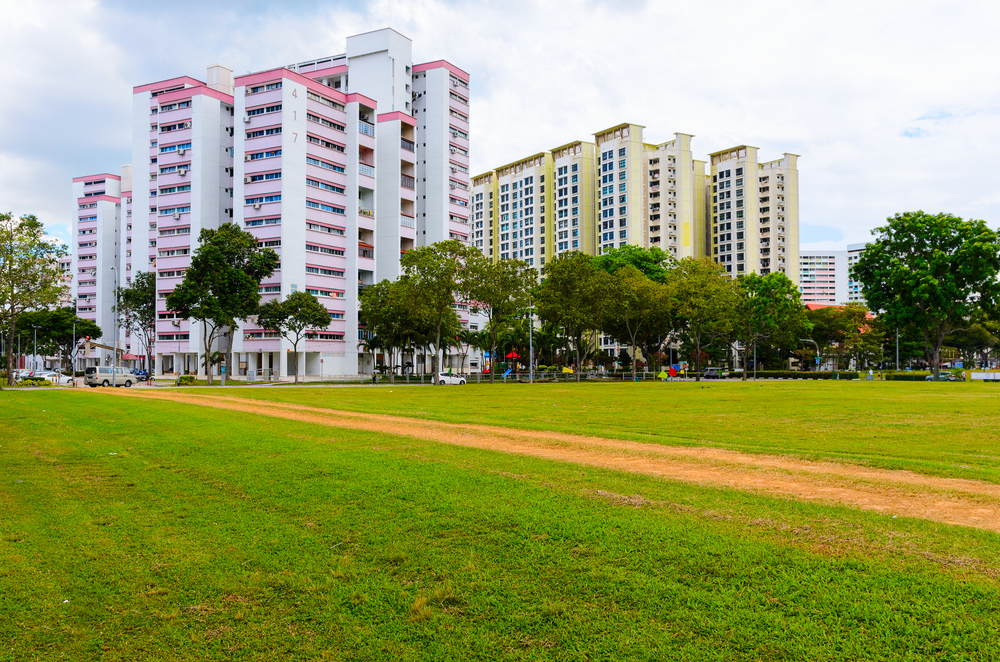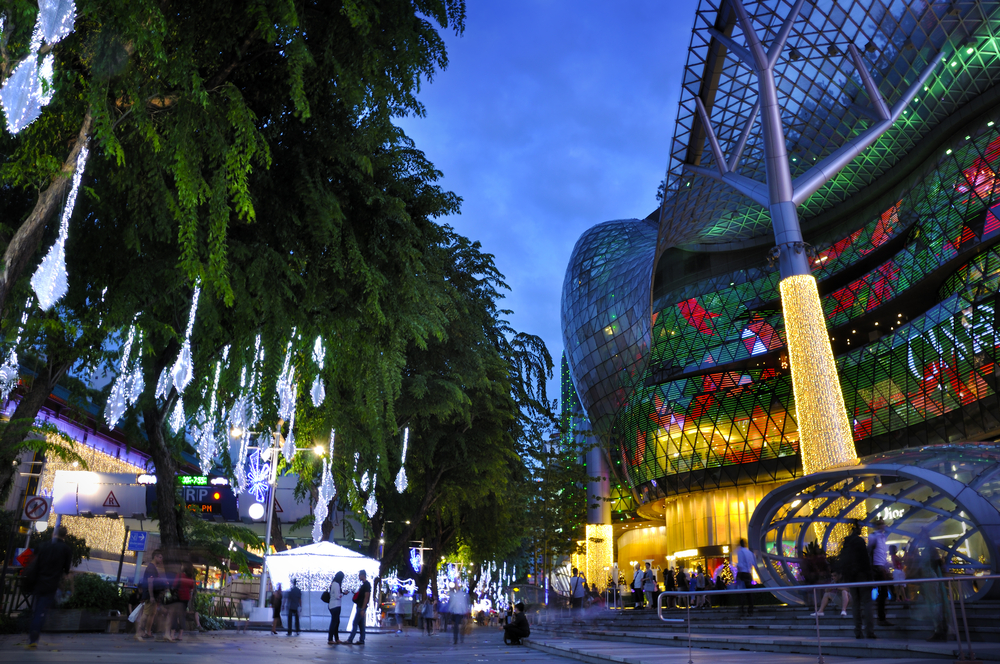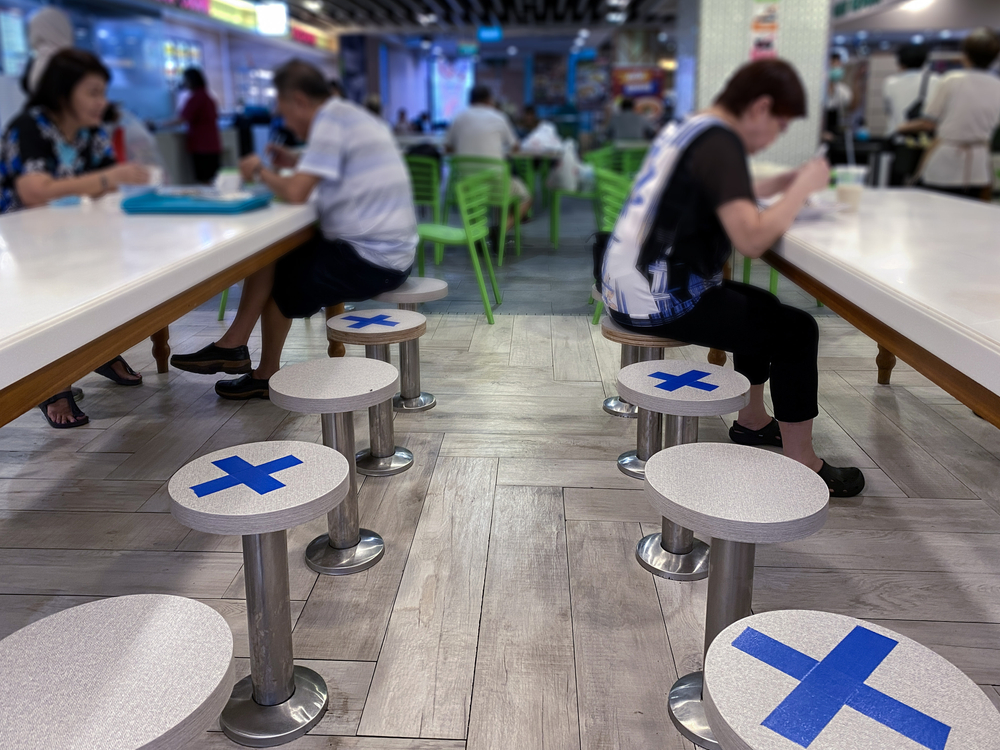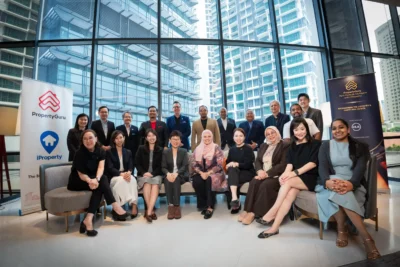Is Singapore still a safe haven during the pandemic?
Plagued at one point by the highest number of novel coronavirus cases in the region, the usually steely Singapore property market has assumed crash position
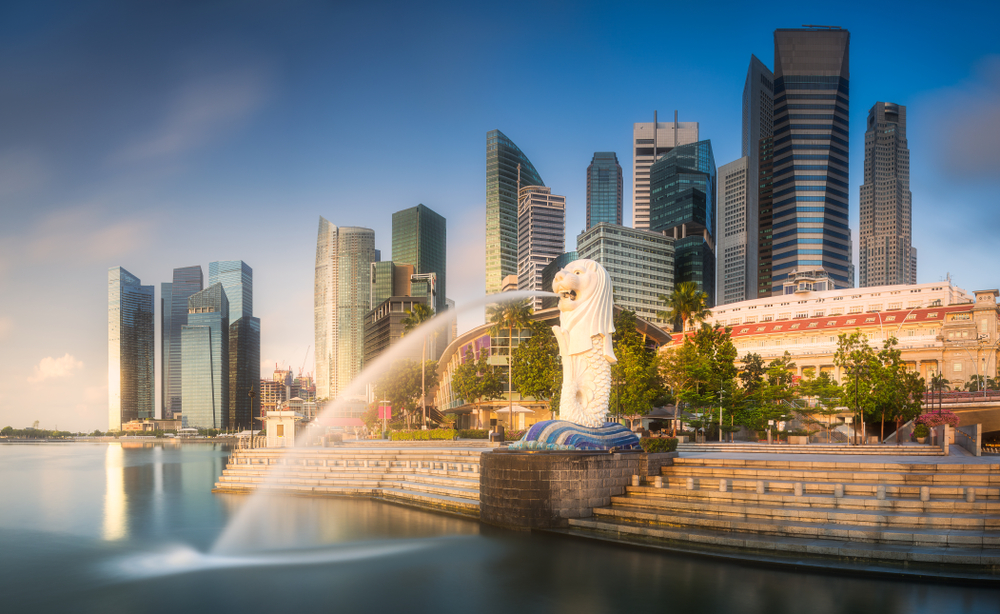
In the early stages of the 2020 global pandemic, Singapore was hailed as an exemplar of how to limit transmission of the novel coronavirus.
The story changed rapidly to the country enduring the highest Covid-19 caseload in Southeast Asia, with efforts to contain it savaging the region’s most progressive economy, its property sector not the least.
April saw only 277 private new homes sold — 293 including executive condominiums — the worst showing for the residential market since December 2014 when the industry was girdled with property curbs.
Only 2,553 private new homes were sold in the first four months of 2020, and the month of May — the apex of Singapore’s “circuit-breaker” lockdown restrictions — was considered to be “a write-off” for primary sales.
“No segment of industry or society can be said to be totally unaffected, impervious or untouched by the pandemic,” says Leonard Tay, head of research for Knight Frank Singapore, adding “the residential real estate market is expected to go through a challenging time in the next year or so.”
Headwinds were already gusty leading to the virus, with Singapore wedged between the US-China trade war. “The economy slowed down in the second half of 2019 due to weak global growth, leading to contraction in manufacturing, particularly the electronics cluster,” says Han Huan Mei, research director of List Sotheby’s International Realty.
“Sentiments towards real estate were cautious and buyers became more selective, leading to a decline in sales volume since Q3 2019.”
Bringing downward pressures to a head, Singapore implemented its strict lockdown on April 7, intensifying social distancing and restricting human movement to suppress virus transmission. Shuttering almost 80% of businesses, the rules closed show flats and suspended house viewings. It was a bitter pill to swallow for property market stakeholders.
“This made all the difference in total private home sales between March and April,” notes Tay. “At least April had one week of business activity, albeit with safe distancing protocols put in place.”
Around 65.5% of all private new home sales in April comprise transactions before the circuit breakers, with subsequent weeks a free-for-all for real estate agents relegated to marketing their projects online.
“While some homebuyers were willing to make purchase decisions from off-site digital viewings, they are the minority. Investment outlay is considerable for most private residence buyers—they exhaust every avenue for due diligence to make the most informed purchase possible,” says Tay.
The outbreak significantly impacted public housing: resale volume for Housing & Development Board (HDB) homes in April bled 80% from March to 423 units. HDB residents now find themselves hard-pressed for upgrading to private homes in the near term. “The damage done to the Singapore economy will likely turn the focus of the average citizen to bread-and-butter issues of daily survival, job retention, and preservation of household incomes,” he adds.
Some upmarket private homes have somehow ridden out the downturn. Chinese actress Vicki Zhao and billionaire husband Huang Youlong—both permanent residents—acquired an 812sqm penthouse at Ardmore Park for SGD27.7m (USD19.7m) in April, the same month CEL Development’s luxury project Kopar at Newton recorded an impressive 83 transactions.
“Given the circuit breakers and uncertain economic outlook, it’s quite remarkable some super-luxury and luxury new homes were sold. This may indicate that despite the pandemic, the ultra-rich continue to view Singapore as an attractive investment destination and safe haven to park funds,” says Christine Sun, head of research and consultancy at OrangeTee & Tie.
In the Core Central Region (CCR), which accounts for 36.8% of private new home sales, transactions indicate a shift to lower-priced homes. Homes costing up to SGD2m accounted for 64% of the sales volume in the first four months of 2020, compared with just 41% for the entirety of 2019. The proportion of luxury home sales priced above SGD5m meanwhile stood at 6.6%, compared with 13.4% last year.
“Although this could be a function of supply, that is, the new projects launched, it could also be quantum play as investors are always eyeing for prime properties at a low-cost outlay,” says Mei.
Despite the pandemic, the ultra-rich continue to view Singapore as an attractive investment destination and safe haven
From snuffing out an overheating market with cooling measures, authorities are now raring to ignite the industry with temporary relief measures. In May, developers were given a six-month extension for project completion and commencement, and sale of housing units. Normally, developers must complete construction of a residential development within five years of obtaining a qualifying certificate (QC) and dispose of housing inventory within two years of getting a temporary occupation permit.
“It’s reasonable to extend the timeline for developers due to the work stoppages at many construction sites given the virus outbreak among foreign workers in the dormitories,” says Sun, referring to low-wage migrant workers who tested positive en masse for the virus in April.
The relief measures came on the heels of the Monetary Authority of Singapore’s (MAS) decision in March to let financially pressured homeowners defer repayments for home loans until December 31 and exempt them from the total debt servicing ratio (TDSR) and loan-to-value (LTV) limits. The central bank later launched the Singapore Dollar Facility, lending at an interest rate of 0.1% per annum to financial institutions.
“It is encouraging that the government has taken a proactive approach by giving more room to developers and property buyers instead of waiting till the situation becomes acute,” remarks Mei.
Despite the subdued market, price declines were not as severe as expected, incentivising regulators to hold firm on existing macroprudential frameworks. While the overall price index for private homes slid down 1% quarter-on-quarter in Q1 2020—ending three consecutive quarterly rises—it increased annually by 2.4%. Also, the average price for all types of non-landed homes rose 9.8% in the year to Q1 2020.
Yet it is “only an inevitable matter of time before the decreases in transaction volumes affect price and rents,” warns Tay. “When this happens, the government will be in a position to tweak the various ABSD, SSD (seller’s stamp duty), LTV percentages to stimulate activity if the market becomes overly anaemic.”
“More could be done to lower the SSD as some people may need to offload their units if they are strapped for cash or unable to service their mortgages,” suggests Sun.
Market observers may find something to crow about in the vacancy rate for completed private homes, which hit a seven-year low of 5.4% in Q1 2020. With the volume of completions anticipated to finish at just 6,600 units in 2020 and landlords eager to secure tenants with depressed rents, the vacancy rate could remain low for the rest of the year.
More: After a gloomy first quarter, Singapore’s property market makes a comeback
“However, as this coronavirus crisis affects all facets of the economy and society, there will be job losses, salary reductions, business closures. Collectively, this will affect tenants of private residential homes, who might find themselves needing to relocate to another country, or move into a more affordable home,” says Tay.
Knight Frank posits the private market could end the year with about 6,000 to 7,000 in new home sales, reminiscent of the 2003 SARS epidemic when sales volumes fell to 4,497 units. Meanwhile, OrangeTee & Tie predicts prices of new private homes will trend between -5% and -3% this year even as the central bank expects the economy to contract by 4% to 14%.
“Should the global economy recover in 2021 as forecast by the IMF, Singapore will once again be viewed as a viable investment destination. Real estate values are set to appreciate, led by the luxury segment which will be driven by strong foreign investment,” a hopeful Mei says.
As previous crises have demonstrated, the Lion City can often be counted upon to roar when the world expects it to whimper.
This article originally appeared in Issue No. 161 of PropertyGuru Property Report Magazine
Recommended
6 reasons Bekasi is rising as Greater Jakarta’s next hotspot
One of Greater Jakarta’s rising stars is prospering, thanks to ample recreation and a contingent of desirable housing projects
6 developments driving Asia’s green real estate shift
Developers are being incentivised to push a green agenda into daring new realms
The Philippines’ LIMA Estate drives sustainable industrial growth
LIMA Estate models a citywide vision that uplifts workers while appealing to climate-conscious employers
Malaysia property market rebounds with foreign interest and growth
The nation’s property market is stirring to life, fuelled by foreign buyers and major infrastructure drives

